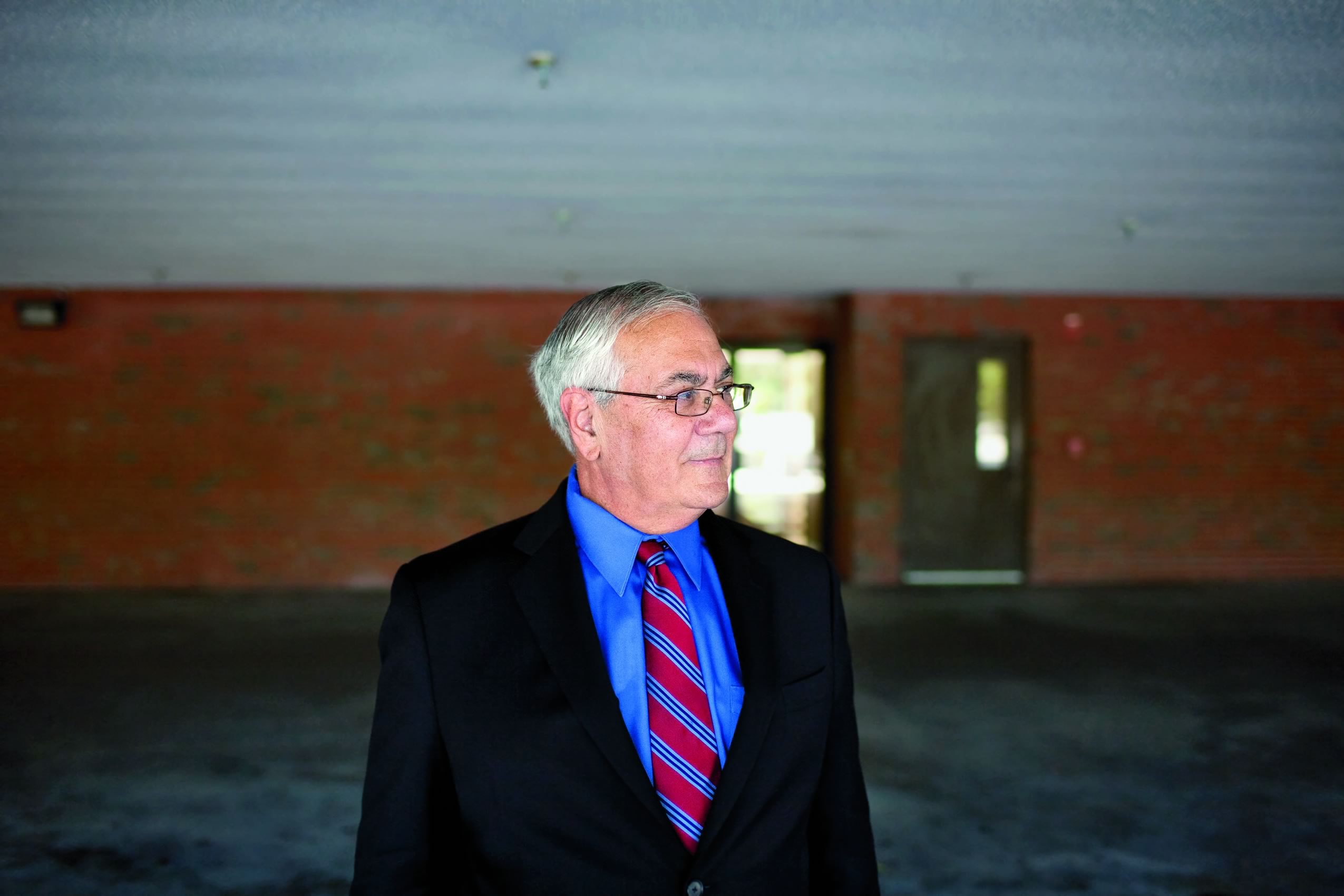What he’ll miss most, what he’ll do next, and the song he can’t get out of his head
Barney Frank ’77 will retire from the U.S. House of Representatives in December after 32 years in Washington, where the Democrat from Massachusetts has earned a reputation as one of Congress’s most progressive members on civil rights, military spending and financial regulation. The Harvard Law Bulletin caught up with Frank in mid-July—not long after his marriage to Jim Ready—as he fought to cut military spending by $1.1 billion in a budget amendment he’d co-sponsored.
Bulletin: What will you miss most?
Frank: I’ll miss the chance to influence public policy in a very direct way.
What will you be doing?
I’m going to be a public-policy advocate. I’ll give lectures and try to run my mouth for money. I hope to teach and have a university affiliation. I’ll also write a book or two and do TV commentary.
You are immortalized in the Dodd-Frank Wall Street Reform and Consumer Protection Act, which brought the most significant changes to financial regulation in decades. Are you pleased with its implementation?
The Obama administration is doing its best, but the Republicans have been cutting funding, and we hadn’t anticipated it would be underfunded so badly, so that has caused a slowdown. But the Consumer Financial Protection Bureau is moving ahead. With derivatives regulation in the law, we have two separate entities, but there was no way around that.
Politics is the art of compromise. You often advise advocates that it’s better to take half a loaf than hold out for the full loaf.
You do the best you can, and then you can come back and get more. That has been true with gay rights and health care, where you have opposition that’s based on unrealistic fears. By getting part of what you want, it’s easier to point out the opposition’s baseless fears. Medicare was unpopular when it was enacted in the 1960s.
How did Harvard Law prepare you for elective office?
I started law school at age 34, after working three years in the Boston mayor’s office and winning election to the state Legislature. As a legislator, you make laws, write laws and interpret laws, so law school gives you a basis for going forward. People tend to underestimate the substantive part of law school. It teaches you the fundamental principles of laws, and the logic behind them, so then you can better understand how to extend them, or not.
You have remained one of the lone voices in Congress against the continuing rise in military spending. Why has Congress been so reluctant to cut?
There has been a cultural lag. For 50 years, we were afraid of heavily armed people, like Hitler and Stalin. We were spending excessively to counter the Soviet threat and I understood it. But in the last 22 years, there hasn’t been a similar threat to our existence. There is the terrorist threat, but it is not an existential threat. While the terrorists are a group of murderous thugs, they are not armed with a nuclear missile. The time is ripe for a reversal.
Joseph P. Kennedy III ’09 is the Democratic contender for the Massachusetts congressional seat being vacated by Barney Frank.
What has changed?
Military spending was always seen as a good thing that didn’t come at a cost. Today, with our national debt situation, military spending is a zero-sum game. You still have conservatives, though, who don’t believe in government spending but become quite Keynesian when it comes to weapons.
You’ve been critical of the U.S. Supreme Court’s Citizens United decision, which unleashed the power of corporate influence in federal elections.
It’s a threat to democracy of the worst sort. We have two systems—an economic system, which is based on inequality, and a political system, which is based on equality. Citizens United allowed the inequality of the economic system to overwhelm the political system.
You’ve been known as someone who can make things happen outside of the legislative process, through the power of your office. Housing groups like you.
I’ve intervened for people whose work I support. I turn down requests, and I don’t ask the bureaucracy to do the undoable. The kind of support I’ve given is an argument against term limits because you get better at doing it. If you have term limits, the only people with experience will be those in the executive branch.
As chair of the Financial Services Committee, you became quite involved in regulating financial markets.
I didn’t come to the committee to do that, and I can’t wait to stop doing it. I keep getting this song in my head from my days in community activism: “Ain’t gonna study derivatives no more.” I went there to work on housing and international monetary issues, and then the economy collapsed.
In 1987, you were the first member of Congress to voluntarily declare your sexual orientation. We’ve sure come a long way.
The evolution has been extraordinary. There’s still prejudice, but we are on the verge of having full legal equality in 10 years. There will still be some states where you can’t marry, but I predict there will be full federal rights.
How is married life?
It’s nice. Life really hasn’t changed day to day, but I still feel that afterglow from the ceremony.
